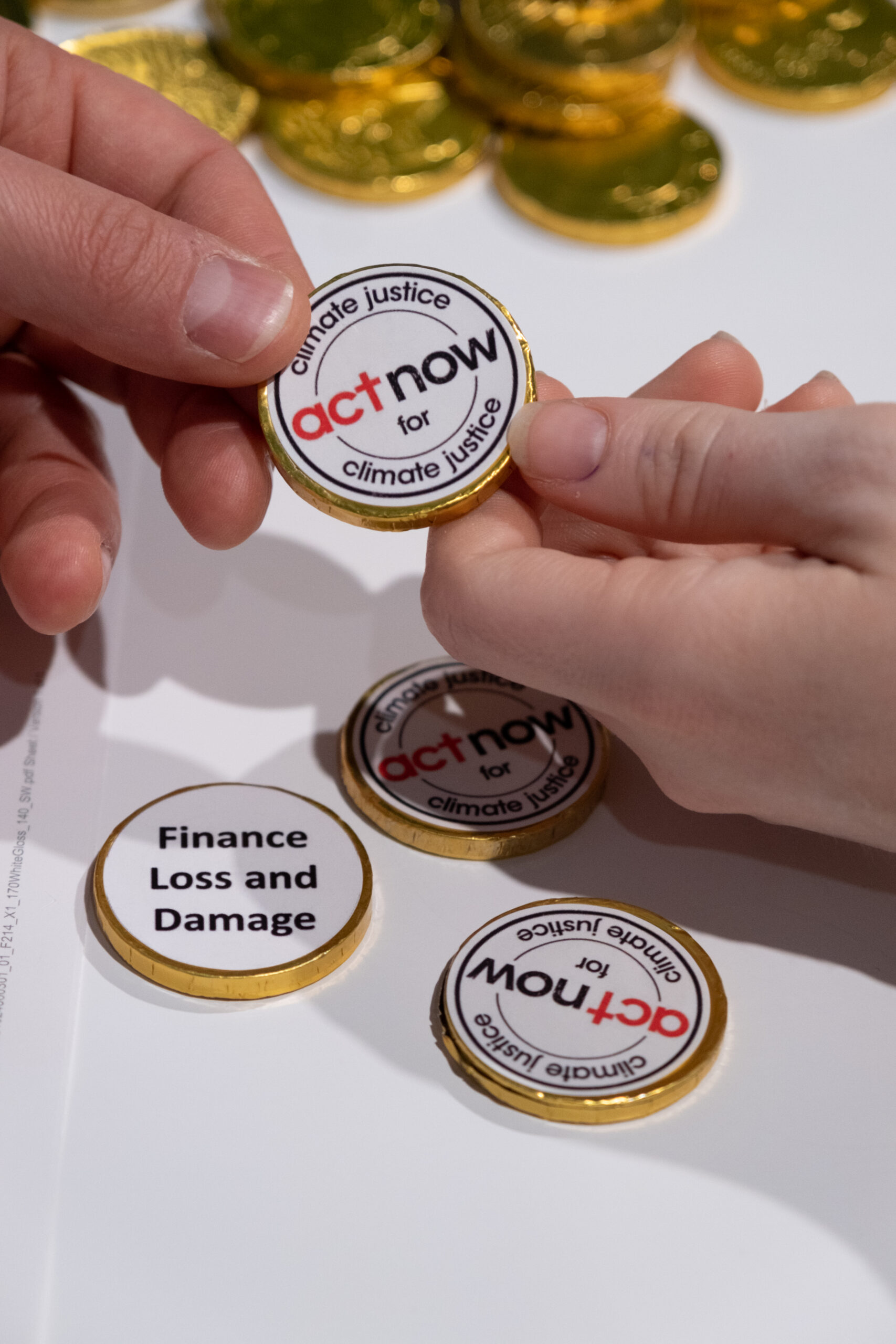
By Mattias Söderberg
Today, June 5, the UN climate talks begin with a new round of negotiations in Bonn. Known as the SB58, the 58th sessions of the Subsidiary Body for Scientific and Technological Advice and the Subsidiary Body for Implementation of the United Nations Framework Convention on Climate Change (UNFCCC), runs from today until June 15.
Time is running out for the world to handle the rapidly worsening climate crisis. So, what is on the table at these negotiations? And what is at stake?
First, we should acknowledge that the coming two weeks are not the time for major decisions. These talks are preparatory, so that ministers can come to an agreement at December’s climate summit, COP28. However, UN negotiations are never easy. Without big steps in the coming two weeks, ministers will not have much to look forward to in December.
The last summit, COP27, was a big success for climate-induced loss and damage, which we have celebrated. But COP27 failed to deliver progress on other parts of the climate agenda, and it is important now to speed up negotiations; to catch up.
Adaptation is one important area where there must be progress. There is agreement that parties should adopt a global goal on adaptation. It is crucial this doesn’t end with empty words. A goal must be set to promote scaled-up action. Vulnerable communities around the world are in urgent need of adaptation. This is true at the local level where families must be prepared to handle incoming cyclones and droughts. It’s also true at national and regional levels, to ensure that institutions, infrastructure and economies are robust when countries face climate-associated disasters.
Another important topic is the global stock take. This refers to the ambition mechanism of the Paris Agreement. The Paris Agreement, constituting the framework for global cooperation related to climate change, was not ambitious enough. It was agreed to take stock every five years, to see if more action is needed. Well, the science is rather clear. The world needs to scale up its ambition on reducing emissions. The global stock take at COP28 will be extremely important, but it must be prepared well in Bonn these next two weeks.
All parties around the world must also address the root causes of climate change. The production and use of fossil fuels must be phased out, and coal, gas and oil must be left in the ground. This is a huge challenge, and a crucial decision if the climate crisis is to be addressed. The phase out of all fossil fuels may not be a big topic on the formal agenda, but it is an important agenda item in bilateral negotiations. I hope parties realise that this is the only way forward. We must find ways to make it possible.
Finally, we should not forget about loss and damage. Even if COP27 was a success, there is still a busy and heavy agenda. There is an agreement to establish a fund and to mobilize finance to assist those facing loss and damage. How this will be done, and what kind of fund there should be, is still uncertain. This will be one of the important topics for negotiations in the coming weeks.
ACT Alliance will follow events at SB58 closely. We will be there, and we will make sure all negotiators are aware of the need for scaled-up ambition and progress. The climate crisis is a reality. It is time to speed up decisions if we want to tackle the crisis.
Mattias Söderberg of DanChurchAid is co-chair of the ACT Alliance Climate Justice Reference Group.